Solo Boating: Reasons It's Not Worth the Risk
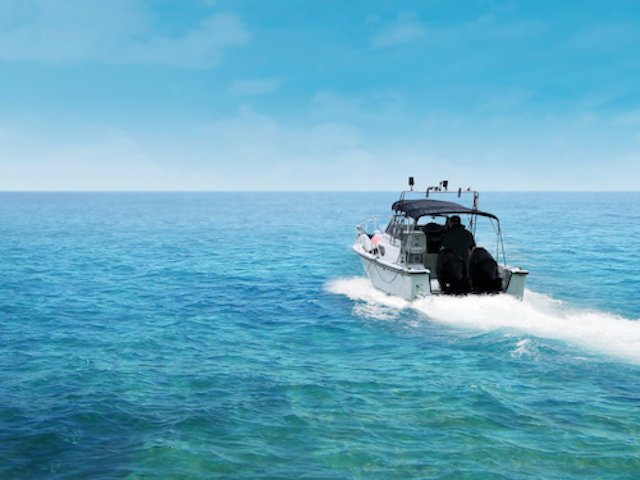
From the social gathering of fellow boaters at yacht clubs and marinas to enjoying the pleasure of friends and family aboard a boat for an outing, boating is better as a shared experience. Yet I have encountered over the years, several boaters who choose to own and operate a boat by themself.
In boating parlance, “short-handed” means you’re operating a boat with fewer crew than is ideal. “Single handed” takes that one step further by running the boat by yourself.
Beginning in the early 19th century, a small group of intrepid boaters began challenging themselves with (mostly sailing) solo journeys at sea. The concept continues to this day in extreme solo sailing competitions taking place around the world, which require entrants to follow strict guidelines in safety protocols and equipment.
The vessels are almost always monitored and tracked by shore-based individuals.
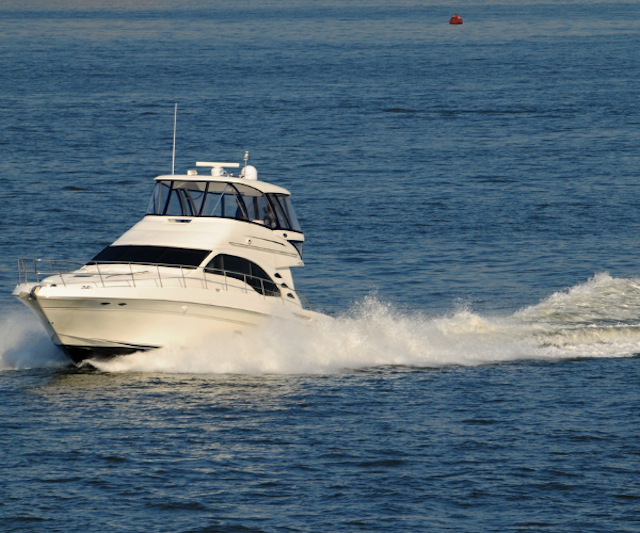
This is unfortunately not always the case with less trained individuals operating recreational boats alone. Too frequently, these boats are not set up for single-handed operation, and they are used in congested, popular boating areas.
This article focuses on the single-handed operation of medium to large cruising boats traveling long distances, not small runabouts. This is not addressing lone boaters out on the river or bay in their center-console fishing for the afternoon or an individual moving a large boat a short distance from the slip to get fuel and back.
Make no mistake, the single-handed operation of any boat comes with added risk, and the prudent solo boater takes extra safety precautions when out alone on the water. When operating a small boat by yourself in local waters, always file a float plan letting someone know where you’re going and when you expect to return, and always wear a life jacket.
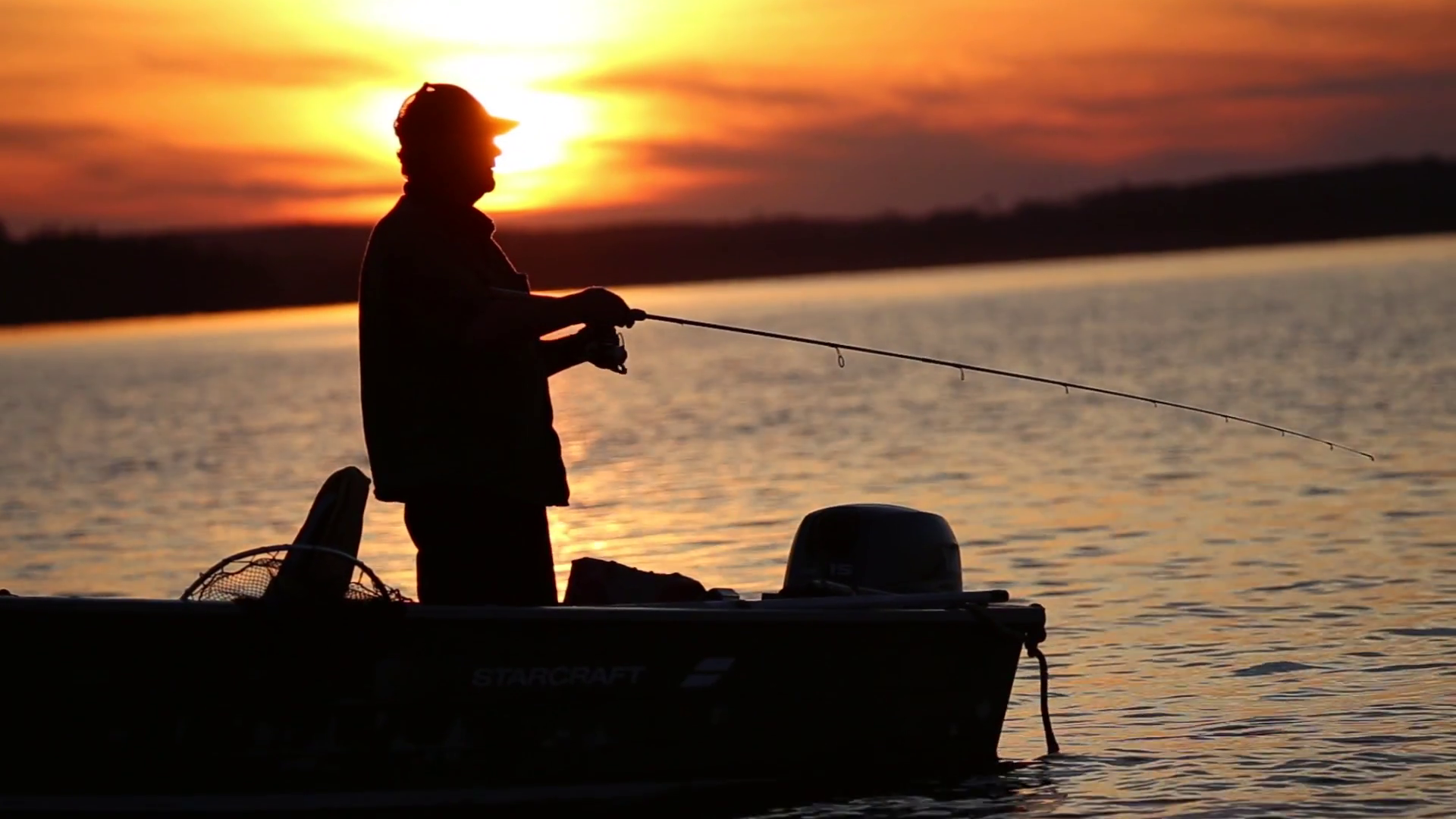
Take advantage of modern communication technology by wearing a device that alerts other boaters or emergency personnel if you fall overboard or need assistance, and always use a kill device that disables your engine if you fall overboard.
Many cite the difficulty of docking a large boat by themselves, as being the biggest issue with single-handed operation, but frankly this should be the least of your concerns. With lines and fenders pre-positioned and the help of dock staff or a slip neighbor, docking can be quite manageable. Add the use of external control stations, or better yet using a wireless remote controller, and this should be the easiest aspect of running a boat by yourself.
Especially when single handed, never attempt to dock in high winds or strong currents.
Having covered thousands of miles and countless hours at the helm of cruising boats, I can speak from personal experience that regardless of how well you’re prepared or how capable you are, when out on the water you must expect the unexpected. It could be a blocked thru hull causing an engine to overheat, an engine belt breaking, a critical hose clamp failing, a fuel filter clogging, or accidentally picking something up and fouling the running gear.
The list of things that draw your attention away from the helm goes on and on. Handling any of these alone on a boat becomes difficult and potentially dangerous.
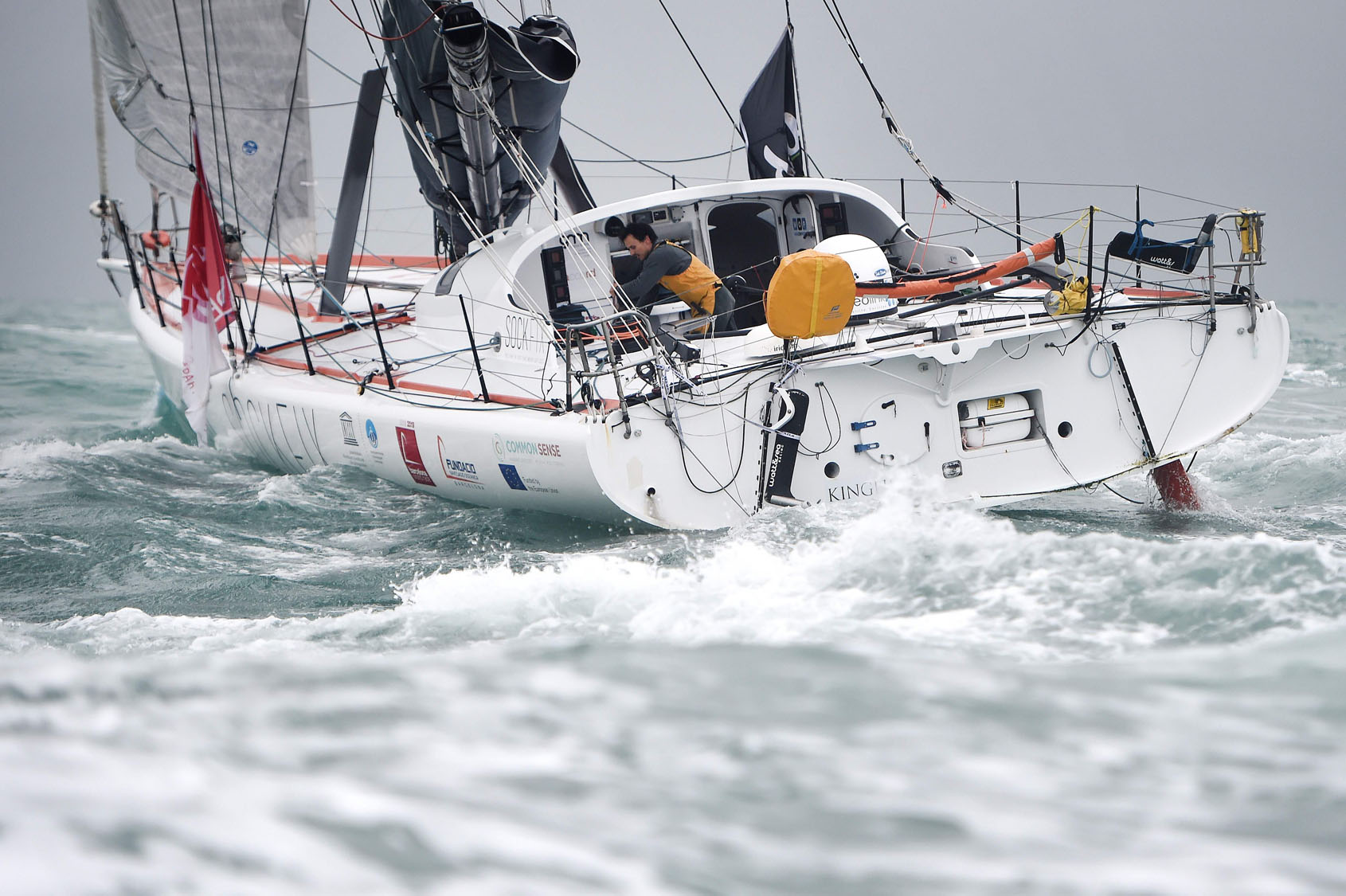
Even if we set the unexpected aside for a moment, everyone has to eat, drink and relieve themselves. Yes, you can prepare snacks or a meal ahead of time, and yes, some boats have day-heads at or near the helm, but these are still distractions from operating the boat. Just staying alert for hours when single-handing presents enough of a challenge.
Also consider the thorny legal issue of single-handing a boat. The International Regulations for Preventing Collisions at Sea (COLREGS) is an agreement between member countries, making up what boaters commonly refer to as “rules-of-the-road.” Any citizen of a country agreeing to these rules is legally bound by them. This is plainly stated in Rule 1(a): “These Rules shall apply to all vessels upon the high seas and in all waters connected therewith navigable by seagoing vessels.”
Rule 5 presents your next problem — single-handing a boat. Rule 5 states: “Every vessel must at all times keep a proper look-out by sight, hearing, and all available means to judge if risk of collision exists.” Under normal circumstances, when everything is running smoothly, it is challenging to maintain the “at all times” part of this rule, let alone when something on the boat needs your attention.
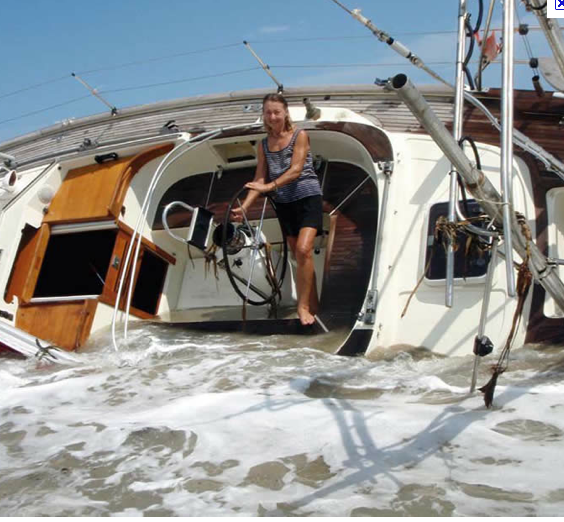
Granted, single-handed skippers seem to find a way to manage these issues more than they should and most get away with it, but if an accident occurs at sea, solo boaters open themselves up to significant liability. If a vessel’s master is found to have violated one or more of the COLREGS, they may be found liable for all costs of rescue efforts. This could also include property damages, loss of income, salvage costs and environmental cleanup costs. In the event of a death, even criminal gross negligence charges are not out of the realm.
Anyone considering single-handed operation should also be aware they may not be covered by their insurance when doing so. According to Scott Stusek of Gowrie Insurance in Annapolis, skippers operating boats single-handed will likely have violated at least one provision of their policy.
All insurance companies have an implied warranty that the vessel is seaworthy. In tested legal cases, seaworthy is defined as the vessel being reasonably fit to perform the services and encounter the ordinary perils of the voyage contemplated, which means the vessel is operated by a suitable crew for the voyage intended.
Further on insurance, in a paper written by Steven Wight from the Law Offices of Wright, Constable & Skeen, Wight states, “Whether a boat owner knows it or not, there are two occasions upon which he will warrant to his marine insurer that his vessel and all of its appurtenances are in tight seaworthy condition. No words need to be spoken and nothing needs to be written for these warranties to be conveyed.
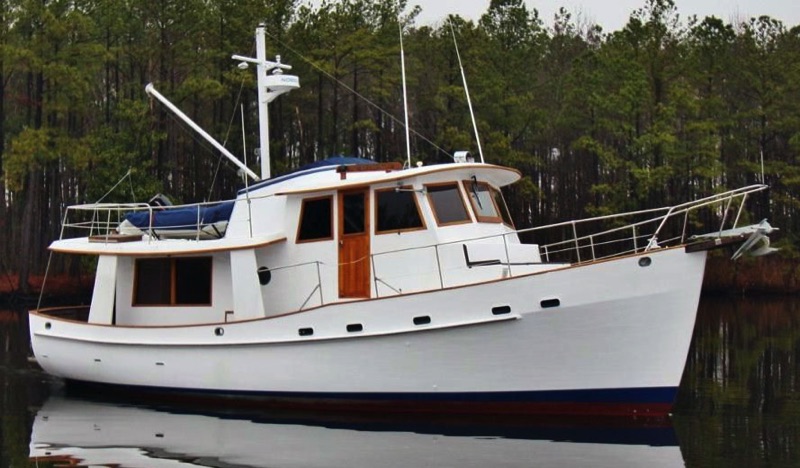
The warranties of seaworthiness are implied into every hull insurance policy by longstanding principles of marine insurance law. It is important for boat owners to understand these warranties, the manner in which they are conveyed and the moments they attach, since the penalty for breaching a warranty of seaworthiness is loss of coverage and avoidance of insurance claims.”
Wight explains, “Two of the times the warranties are implied are the moment the insured accepts the policy and the second is the moment the insured pulls away from the dock.” If a boater gets underway single-handed, the insurance company may be within its right to say the owner violated the warranty of seamanship by operating the vessel contrary to International Maritime Regulations.
That is a big risk to take. It’s important to reiterate, your policy may not specifically preclude the practice of operating single-handed, but it doesn’t mean you would be covered in an accident.
In one instance, a couple owned a boat and had secured insurance with both names on the policy. One day one of them chose to move the boat solo while the other traveled to the destination by land. An electrical fire broke out on the boat, and the owner operating single-handed couldn’t maintain the helm and fight the fire. The boat ended up a total loss.
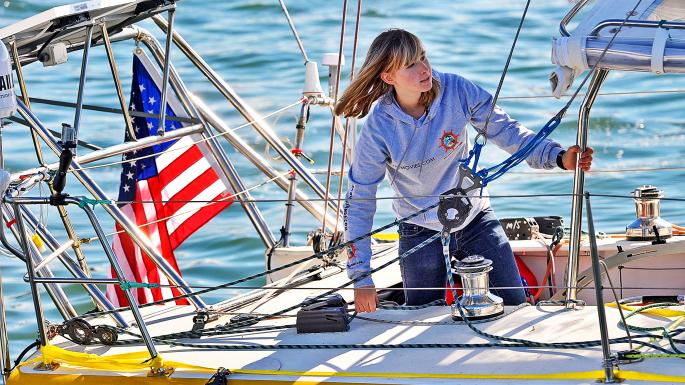
Based on the owner’s negligence to maintain a seaworthy vessel, the insurance company didn’t deny the claim; they instead refused coverage based on “had we known” you were going to do this, we would not have written the policy. In U.S. courts, the absolute warranty of seaworthiness extends to the appropriate number of crew for the voyage intended.
In another recent sad case, a single-handed skipper suffered a heart attack while operating his trawler in the Bahamas. His boat was found grounded on a desolate stretch of shoreline days later with the engines in gear. Many cruising trawlers have enough fuel to operate for days. What if this unfortunate boater had not been in a confined chain of islands, but rather in the open ocean?
His boat motoring along for days with no one at the helm would have been a hazard to other vessels around it.
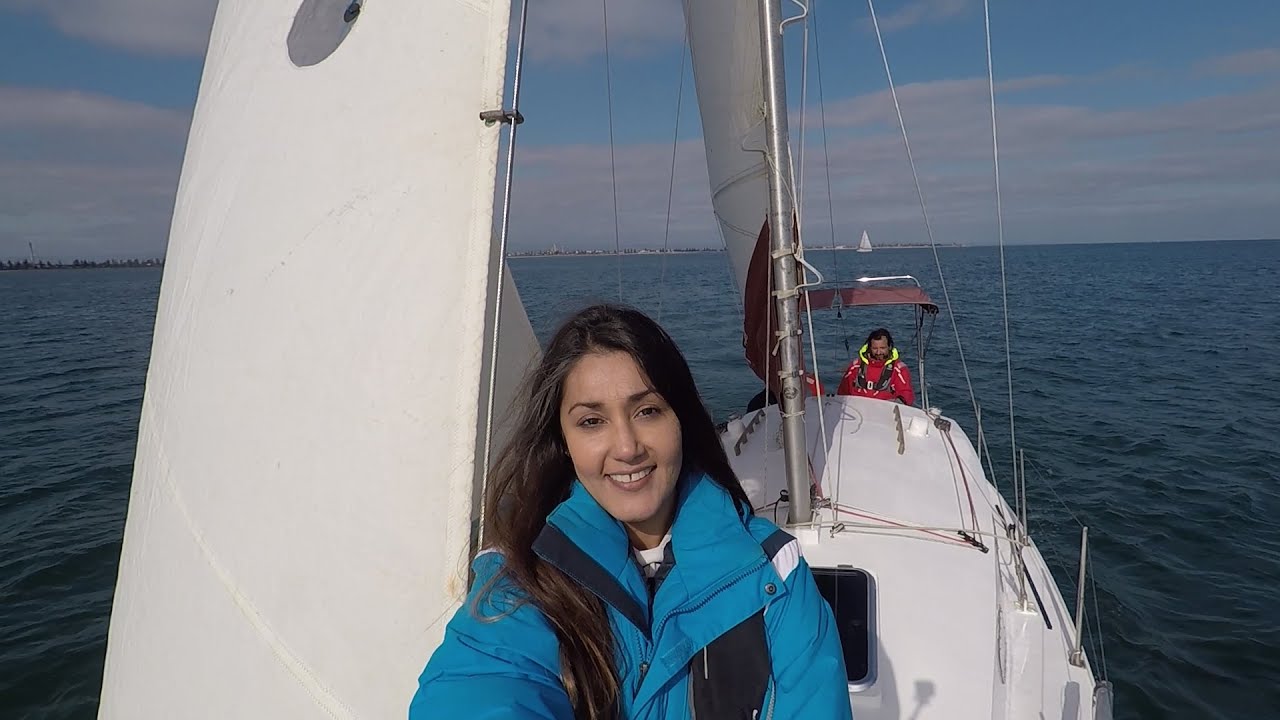
Having interviewed several owners single-handing their boats, most report taking extraordinary steps to minimize time away from the helm. They prepare meals ahead of time and do everything they can to operate safely — but when pressed, they also acknowledge they are taking added risks. They all claim they are being careful but being careful in this situation is OK ... right up until it’s not, and you’re not the only one you’re putting at risk.
A record number of recreational and commercial vessels are using our waterways and plying the open seas today. When out boating, regardless of where you are or what time of day it is, you will likely encounter other boats while underway.
If you want to single-hand your boat over long distances, stop and think about the consequences. A lone boater is adding not only risk for themself but putting all boats around them at increased risk as well. Find a friend or hire a mate to help move the boat. Not only will you be safer, but you may even find it’s more enjoyable.